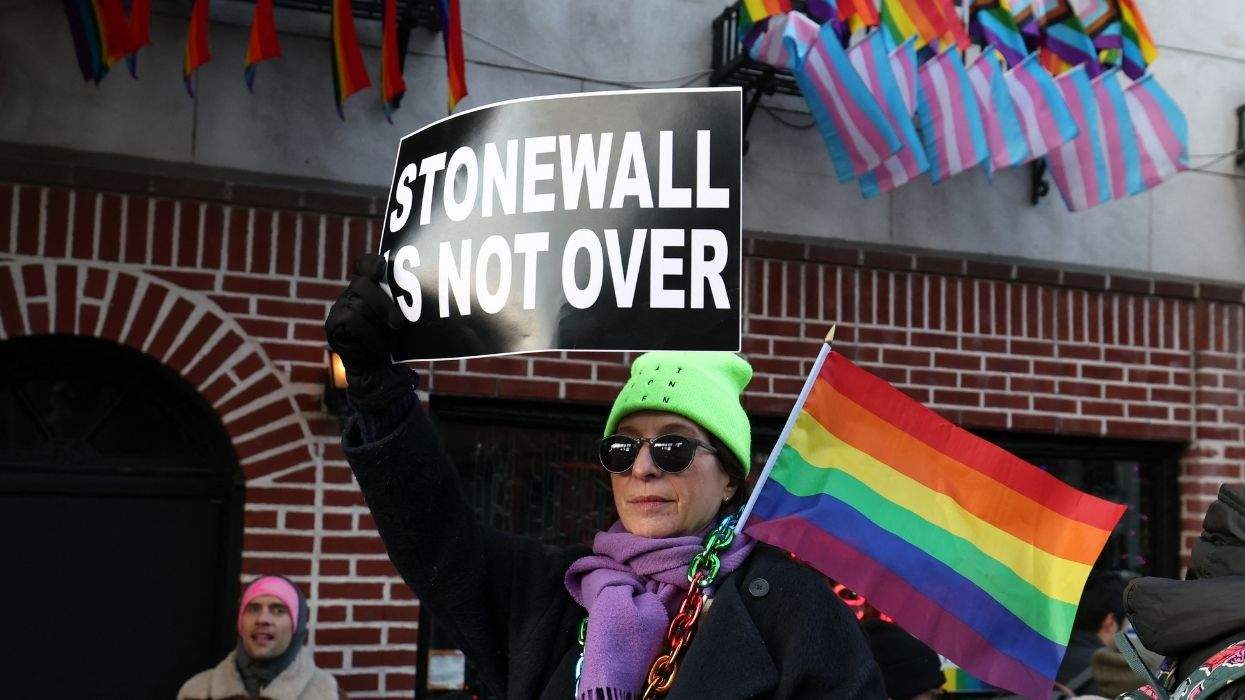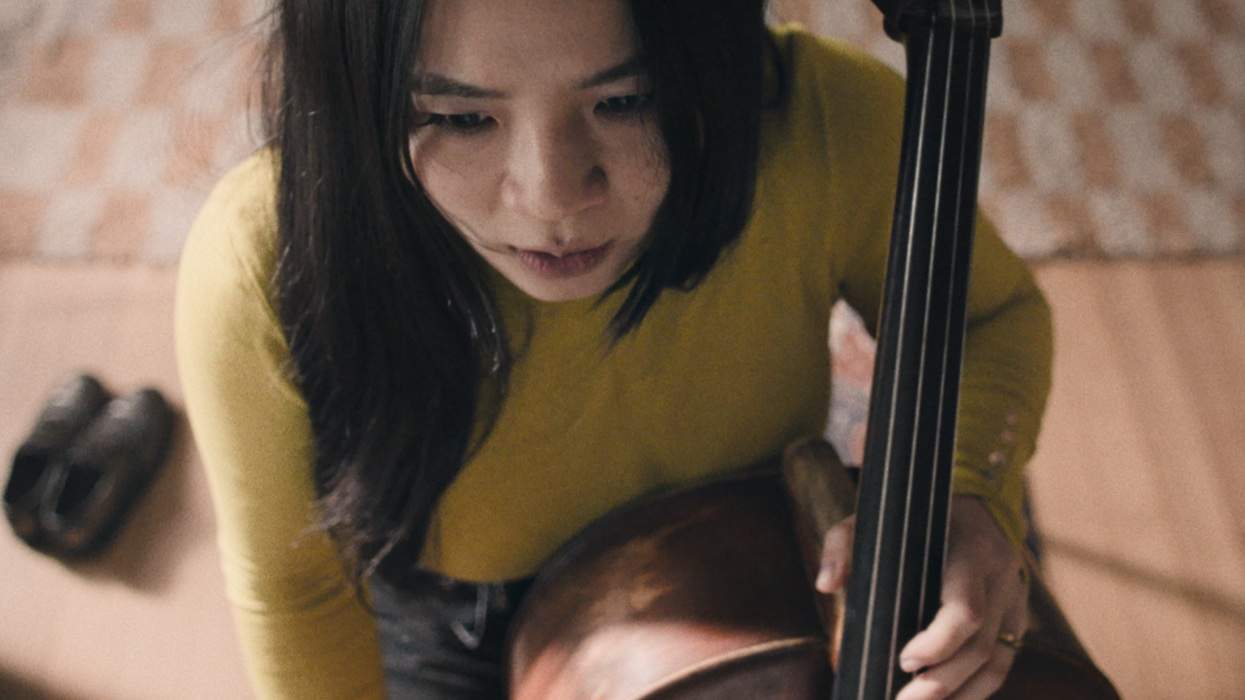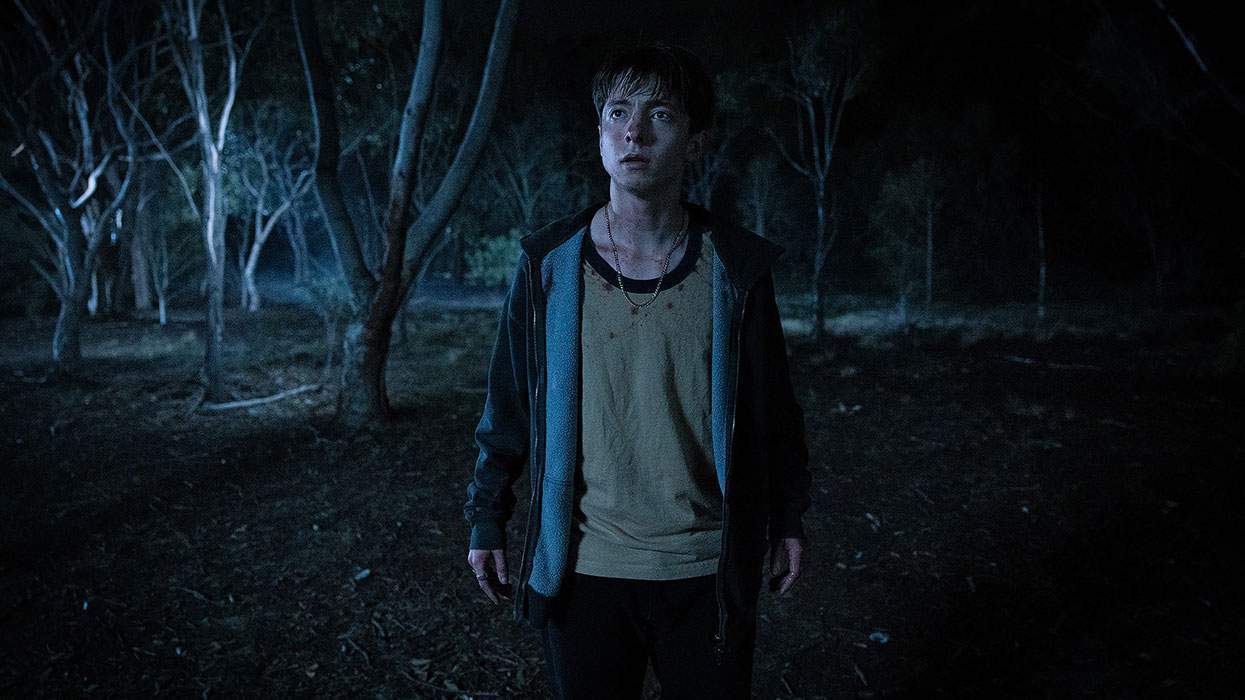I was suspicious in advance about John Patrick Shanley's Doubt when it first opened off-Broadway four years ago. The play is set in 1964, and the plot centers on a nun, the principal of a Catholic school in the Bronx, who thinks a priest is paying too much attention to one of his male students. The premise struck me as a classic case of imposing a story that's topical today onto the past. Clearly, pedophile priests have been messing with boys for a long time, but today's atmosphere of hypervigilance most assuredly did not exist back when Shanley and I were prepubescent Catholic-school students. But I was able to let go of that and appreciate the play for what it is, both a set of fine character studies and an allegory (or as the playwright subtitled it, a parable) about the current political exploitation of religious faith as a substitute for logic, reason, and scientific knowledge. After all, in 2004 the country had just been dragged into war by a president who was absolutely certain that Saddam Hussein was harboring weapons of mass destruction and that U.S. invaders would be greeted as liberators. And we all know how that turned out!
In the play, Sister Aloysius is the kind of officious busybody and harsh disciplinarian who has made nuns a major nightmare for Catholic school kids for generations, and we learn her philosophy as she instructs a younger nun, Sister James, in her crusty autocratic tough-love.
The plot pits her as villain against the heroic priest, Father Flynn, whom she fixates on for giving special attention to the school's only black kid, whose mother tells the principal that she knows her son is gay and appreciates the extra attention from the priest, in contrast to his father who beats him regularly for his sissy ways. But the playwright shades all these characters impressively. The play seemed less about the pedophilia scandal and more about power, hierarchy, and misogyny in the church. We see how lack of power and acknowledgement has embittered Sister Aloysius. When Father Flynn gets flustered and cantankerous about Sister Aloysius snooping around in his past, it's not clear whether he's concealing some wrongdoing or defending the old boys' network and priests' routine condescension to nuns as handmaidens to their lordships.
The play was well-served by director Doug Hughes, who conjured uniformly excellent performances. I always love seeing Cherry Jones play against her usual squeaky-clean, sympathetic type; she excavated many layers of Sister Aloysius's toughness with a bravura skill that was right up there with, oh, say, Meryl Streep's. Brian F. O'Byrne is another actor I've loved watching since his New York debut in Beauty Queen of Leenane; in Doubt he got to do a thick Bronx accent, which is the kind of stunt British and Irish actors love taking on (see Daniel Day-Lewis in Gangs of New York).
When the play moved to Broadway, where it played for two years and won Shanley every award in the book, O'Byrne's performance got slightly over-broad, playing to the balcony, but Cherry Jones remained magnificently steely and contained. And seeing the play a second time made me admire just how carefully built it is, line by line. All the ambiguities that collide at the climax of the play showed themselves in tiny offhanded ways from the very beginning. The way Shanley continually balances incriminating evidence with plausible explanation is manipulative as hell, but skillfully done.
The play sustains its psychological suspense because a live theater audience accepts stylized narrative as a matter of course. If only Shanley, as director of the movie version of Doubt, had stuck to that particular literary exercise, the movie could have been a tight, claustrophobic drama (like the best movies based on David Mamet or Harold Pinter scripts). He certainly had a powerhouse cast. Meryl Streep proves that you don't have to be a powerhouse lesbian to play Sister Aloysius. (While Cherry Jones was playing the role on Broadway, Linda Hunt was playing it in L.A.) But of course after The Devil Wears Prada and The Manchurian Candidate, the only way Meryl could have stretched herself would have been to take a cue from Linda Hunt and played Father Flynn, a role to which Philip Seymour Hoffman brings a charmlessness that keeps you from letting him off the hook.
Amy Adams is fine as the baby nun who gets caught in the middle of their showdown, but Viola Davis (one of New York's great stage actresses) steals the movie with her one scene as the black student's mother, who blows the principal's mind with her instinctive grasp of what options are open to an effeminate black gay boy.
The problem is that Shanley, a novice filmmaker who cashed in his Moonstruck chips to direct the notorious 1990 flopola Joe vs. the Volcano, makes a bunch of novice-filmmaker mistakes. He surrounds the play's four iconic characters with dozens of characters (kids, nuns, parishioners) and then gives them nothing to do except drain away any mystery with literal-minded period detail. And the director overloads the movie with tastelessly obvious symbolism in an attempt to be "cinematic."
Just in case you didn't know what kind of game the priest and the nun are playing, he inserts a cat catching a mouse. Just in case you didn't get the point that Winds of Change are blowing through the Catholic Church, Shanley has them blowing down branches and pouring through the windows of the fortress which Sister Aloysius defends against ballpoint pens and "Frosty the Snowman." All that hokum detracts from the central drama -- in fact, makes it look all the more phony-baloney.















Charlie Kirk DID say stoning gay people was the 'perfect law' — and these other heinous quotes
These are some of his worst comments about LGBTQ+ people made by Charlie Kirk.